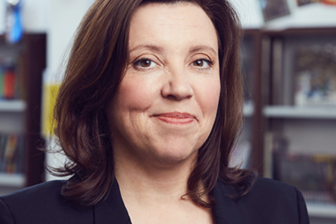
NZ: Some improvement on tackling child poverty but native children still suffering the most
New Zealand’s government says the actions it took during the most challenging economic conditions in a generation or more has resulted in a significant drop in children going without regular food.
But there is a warning that native Tamariki Māori and Pacific children are still suffering in poverty more than any other group of youngsters, and more help is needed.
Published recently, the annual Child Poverty Related Indicators report examines the wider impacts of poverty on children and families in New Zealand.
And what the latest data shows is that 13 per cent of all children (aged 0-14) live in households where food runs out sometimes or often, compared with 20 per cent in 2019/ 2020.
Jan Tinetti,Minister for Child Poverty Reduction, said: “I’m heartened we are seeing meaningful decreases in critical statistics, but I know there is a lot of work ahead to really shift the dial. No child should be living in poverty. We’re seeing fewer children living in poor quality housing, and despite the tough economic conditions, those living in households spending more than 30 percent of disposable income on housing has remained stable.
She said: “While in broad terms the Government’s efforts to date have improved conditions for many, we cannot ignore the fact that specific groups of children and their families are still being left behind.”
The progress highlighted in this year’s findings build on the latest child poverty data, for the year ended June 2022. Eight out of the nine child poverty measures have seen a statistically significant reduction since 2017/18, while all three primary measures of child poverty are now lower than they have been over the past 10 to 15 years for which comparable data is available.
“This Government remains completely committed to tackling the persistent disparities that remain for many groups. We won’t stop until Aotearoa, New Zealand is the best place in the world for all children and young people,” added Minister Tinetti.
Judge Francis Eivers, the Children’s Commissioner, said that ‘the impact of doing nothing is too great’.
“We need to make sure no child experiences the insecurity and stress, hunger and lack of heating, stigma and shame, difficulty accessing education and health services associated with poverty. We can celebrate our achievements to date without fooling ourselves that the job is done. We all need to look to how we care and nurture our children, their childhood is the key to their future and the future of Aotearoa.”




